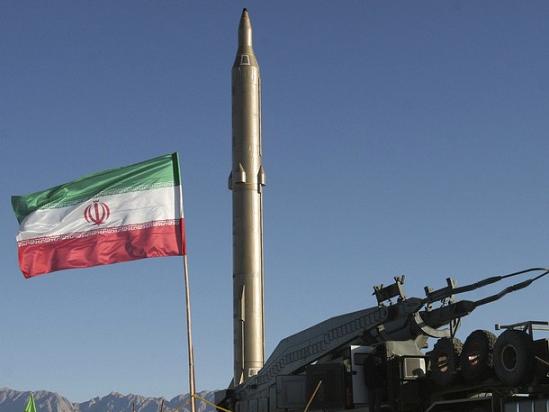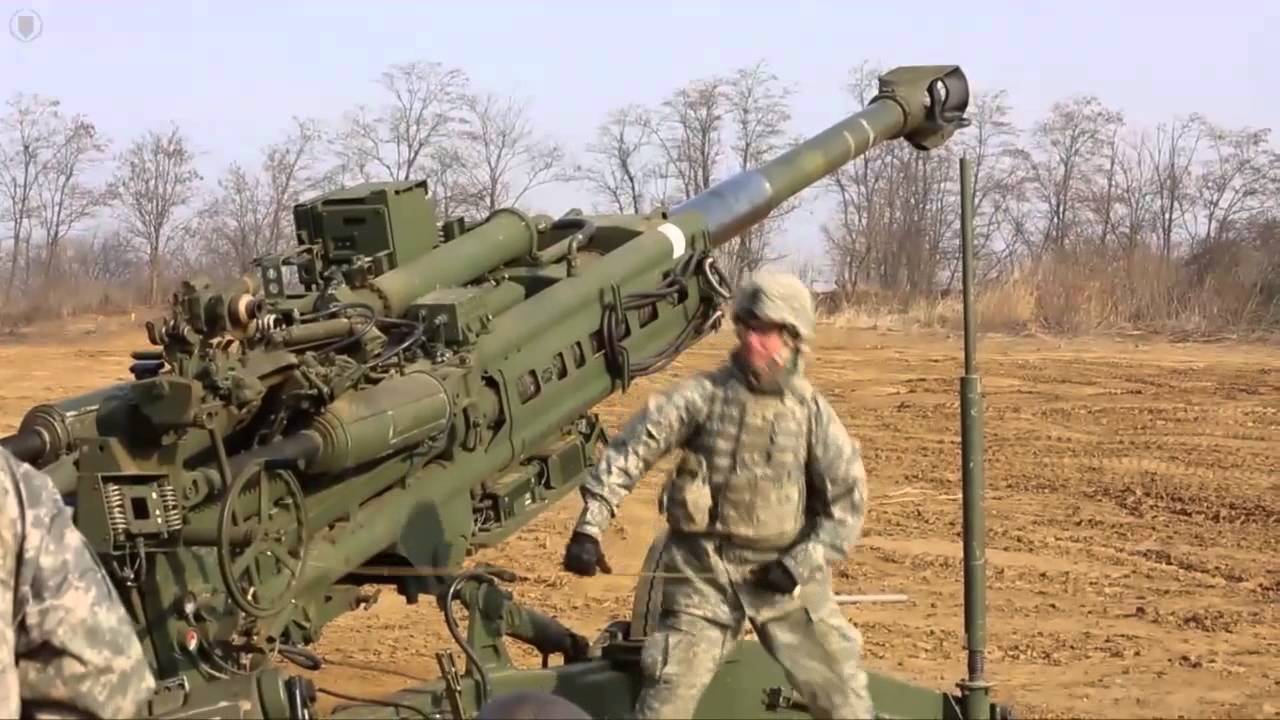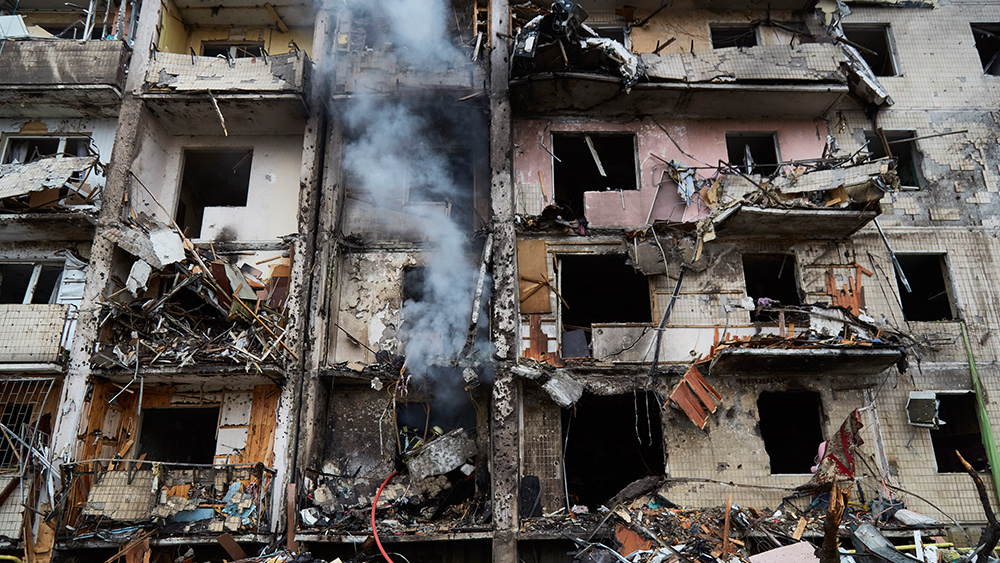The Iranian government has admitted for the first time that it plans to sell hundreds of short-range ballistic missiles and drones made from stolen U.S. technology to Russia as Moscow's forces continue to run out of munitions following the months-long invasion of neighboring Ukraine.
According to Reuters, which cited two Iranian diplomatic officials and two senior Iranian figures, a deal between Tehran and Moscow was reached on Oct. 6. Then, Iranian First Vice President Mohammad Mokhber, along with two senior officials from Iran's powerful Revolutionary Guards and an official from the Supreme National Security Council traveled to Russia's capital for talks about when the weapons could be delivered.
"The Russians had asked for more drones and those Iranian ballistic missiles with improved accuracy, particularly the Fateh and Zolfaghar missiles family," one of the Iranian diplomats, who was briefed about the trip told the news outlet.
An unnamed Western official also confirmed that the deal had been inked to provide the short-range surface-to-surface missiles, including the Zolfaghar, and a number of drones as well, with
Reuters adding:
One of the drones Iran agreed to supply is the Shahed-136, a delta-winged weapon used as a "kamikaze" air-to-surface attack aircraft. It carries a small warhead that explodes on impact.
Fateh-110 and Zolfaghar are Iranian short-range surface to surface ballistic missiles capable of striking targets at distances of between 300 km and 700 km (186 and 435 miles).
The Iranian diplomat rejected assertions by Western officials that such transfers breach a 2015 U.N. Security Council resolution.
"Where they are being used is not the seller's issue. We do not take sides in the Ukraine crisis like the West. We want an end to the crisis through diplomatic means," the diplomat told
Reuters.
Russian forces targeted Ukraine's civilian infrastructure with dozens of missiles last week after an attack blew up a portion of a vital bridge -- Europe's longest -- connecting the Crimea, which Russia annexed in 2014, to the mainland. Ukrainian military officials have reported that some of the attacks occurred with Iranian-made Shahed-136 drones in recent weeks as well, though Iran's foreign ministry has rejected those reports as baseless. Also, Vladimir Putin's government denied that his forces are using Iranian drones to attack Ukrainian forces and targets.
Kremlin spokesman Dmitry Peskov, asked by
Reuters if Russia
was using Iranian drones in Ukraine, said the government had no information regarding their use.
"Russian equipment with Russian nomenclature is used," he said. "All further questions should be directed to the Defence Ministry."
The U.S. State Department, meanwhile, also said that Iranian drones were used to strike targets during rush hour in the Ukrainian capital of Kyiv earlier this week.
"A European diplomat said it was his country's assessment that Russia was finding it more difficult to produce weaponry for itself given the sanctions on its industrial sector and so was turning to imports from partners like Iran and North Korea,"
Reuters reported.
Said the diplomat: "Drones and missiles are a logical next step."
"They (Russians) wanted to buy hundreds of our missiles, even mid-range ones, but we told them that we can ship soon a few hundred of their demanded Zolfaghar and Fateh 110 short-range, surface-to-surface missiles," said a European security official in remarks to
Reuters. "I cannot give you the exact time, but soon, very soon those will be shipped in two to three shipments."
Meanwhile, Iranian leaders have problems of their own, as protests and demonstrations stemming from the arrest and death in police custody of 22-year-old Mahsa Amini in mid-September. She was arrested by the Guidance Patrol (Iran's 'morality police')
for wearing an "improper" hijab, a violation of Iran's mandatory hijab law while visiting Tehran from Saqqez. Witnesses said the patrol officers beat her severely when taking her into custody.
Sources include:
CNN.com
Reuters.com
 Parler
Parler Gab
Gab










